
Read or listen offline
Recommendation
Global financial crises provide opportunities to question the viability of a society’s operational economics, and the 2008-2009 recession is no exception. The myopic pursuit of the dollar (or euro, pound, renminbi or ruble) has left people exhausted, depressed and stressed. The cost of that quest is environmental and societal breakdowns. Perhaps the time has come to rethink the whole proposition, say David Boyle and Andrew Simms of the New Economics Foundation. Offering some alternative ideas for global capitalism, they demonstrate why money is a poor proxy for wealth, how happiness is more important than riches and how gross domestic product measures consequences that often are not in society’s best interests. The authors provide workable, real-life solutions for rebalancing economic life. So how do you get off the monetary hamster wheel and find contentment? The answer is closer to home than you think: Contribute financially, emotionally and socially to your neighborhood and community. getAbstract recommends this prescription for better economic well-being to policy makers, corporate heads and politicians who are eager for an expanded, humanistic view of the economic future.
Take-Aways
About the Authors
David Boyle, journalist and author, is a fellow at the New Economics Foundation, where Andrew Simms is policy director and head of the climate change and energy program.








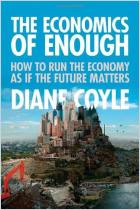
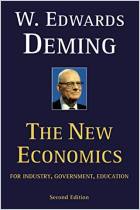
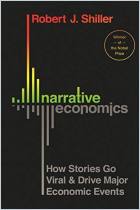

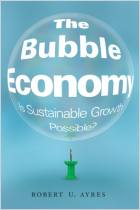
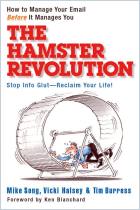

Comment on this summary or Начать обсуждение